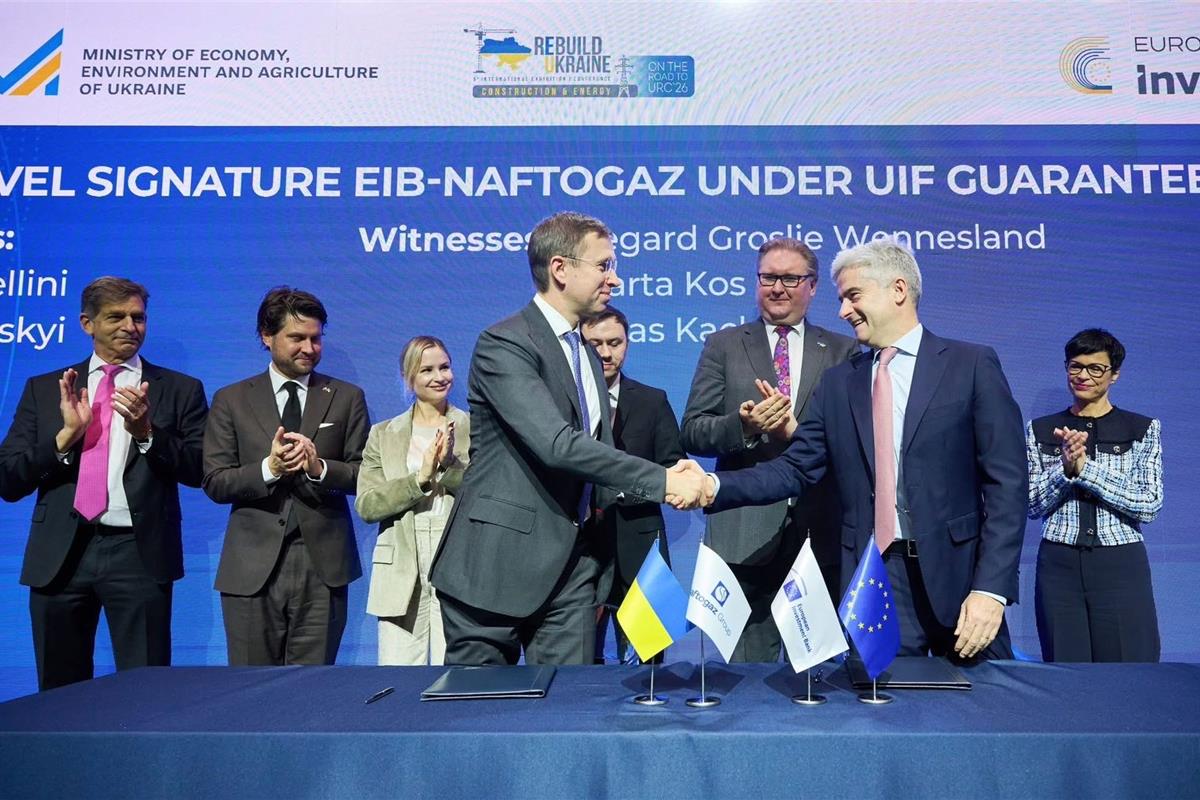As Ukraine enters its fourth year of full-scale conflict with Russia, the country’s small and medium-sized enterprises (SMEs) remain locked in a precarious balance between survival and cautious adaptation, according to a new study by the European Bank for Reconstruction and Development (EBRD). The research highlights the complex landscape faced by SMEs, which are largely operating in “conservation mode” amid persistent instability and economic disruption.
The study, based on a representative survey of Ukrainian SMEs, reveals that despite the ongoing war, the vast majority of active businesses are striving to maintain operations at or near full capacity. Specifically, 90% of these firms report functioning at full capacity, a slight increase compared to 85% in the previous year. However, this resilience masks an underlying fragility: only 17% of businesses report an increase in profits year-on-year, underscoring the continuing financial strain.
Staffing trends further illustrate the dual pressures on SMEs. While 25% of businesses have increased their workforce—up from 13% the year before—a significant 41% have reduced staff, indicating a sector divided between cautious hiring and defensive downsizing. This bifurcation points to varying regional, sectoral, and operational realities shaped by the war’s shifting frontlines and economic constraints.
Looking ahead, the SME sector remains uncertain about its future trajectory. If the conflict persists for another year or more, 61% of businesses intend to maintain their current activity levels, slightly fewer than last year’s 64%. Meanwhile, around 14% plan to diversify or expand, reflecting some optimism but little appetite for aggressive growth amid ongoing risks.
The survey also exposes a growing pessimism: 29% of respondents anticipate a decline in their business situation—up 5 percentage points—while only 13% foresee growth, down 4 percentage points from the previous year. Notably, 6% of directors report being unable to predict their business outlook, illustrating the profound uncertainty and volatility SMEs face.
Core challenges remain consistent with earlier reports: acute staffing shortages, forecasting difficulties, waning demand, and rising operational costs. Yet amidst these difficulties, some SMEs are embracing innovation—exploring product diversification, integrating artificial intelligence, and streamlining processes through automation—as strategies to mitigate risk and build resilience.
The EBRD’s research was conducted in two phases, combining qualitative interviews with business experts and quantitative phone surveys covering production and service sectors throughout Ukraine, excluding temporarily occupied territories. Funded by Switzerland and the European Union, the study offers a comprehensive snapshot of the SME landscape amid ongoing conflict.
Since the onset of war, the EBRD has emerged as a key partner in supporting Ukrainian SMEs, providing nearly €465 million in direct financing and loan guarantees between 2016 and 2024. Beyond funding, the bank facilitates access to international markets, relocation assistance, crisis management, and advisory services, recognizing SMEs as a vital pillar of Ukraine’s economic recovery and stability.
The EBRD’s broader Ukraine portfolio exceeds €7.6 billion, emphasizing strategic support not only for private enterprise but also energy security, infrastructure, food security, and trade—critical sectors underpinning the country’s resilience in wartime.
As the war drags on, this study underscores the tenuous position of Ukraine’s SMEs: resilient yet vulnerable, cautious yet innovating, operating under the shadow of uncertainty that complicates strategic planning and growth.
*Donors to the EBRD’s Small Business Impact Fund include Italy, Ireland, South Korea, Luxembourg, Norway, the United Kingdom, the United States of America, Switzerland, Sweden, Japan and the TaiwanBusiness-EBRD Technical Cooperation Fund.





















